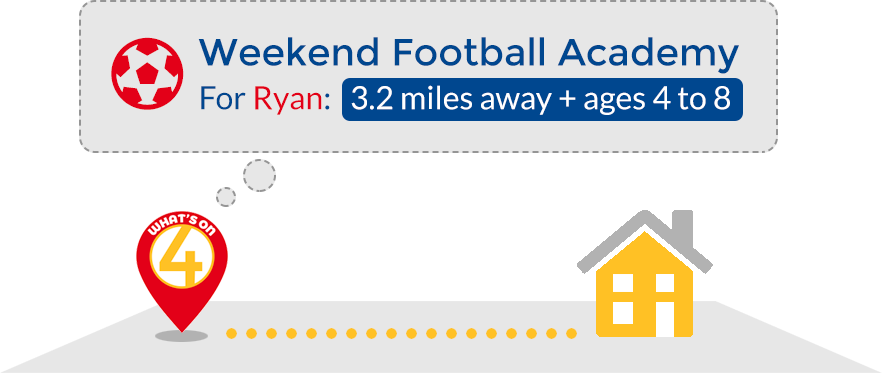Sport and physical activity is vital for everyone, including children and even very young babies. Not only does sport and physical activity build muscle development, it’s also great for social, intellectual, language and problem-solving skills.
Physical play requires a lot of your baby’s brain and muscle power. Simple wriggling on the floor is great for their core strength, heart and lungs, whilst tummy time helps strengthen their back, neck and shoulders. Many of the activities little ones engage in during physical play also help with cognitive development like passing and feeling different objects, rhythmic movements, repeated actions, climbing, and receiving praise for their many successes along the way. There is a positive and clear correlation between sport performance and academic ability.
Your little one’s confidence grows by playing and learning new physical skills like catching, balancing, crawling, reaching, walking, and eventually running and jumping, building their self-esteem. This confidence helps them trust in their own abilities and take on greater challenges as they grow.
Taking part in sport and physical
activity classes when you’re young helps encourage healthy habits and a
positive attitude towards exercise which can last a lifetime. As
children grow older they learn about responsibility and the role they
play in a team, and being accountable for one another in a team or group
environment. Sport builds not only healthy bodies but healthy minds
too.
And we don’t need
to tell you that getting those little bodies moving, raising the heart
rate, and working those muscles, tires them out and improves their
sleep.
The NHS
recommends toddlers are physically active for at least 3 hours per day –
that’s a lot of cruising, balancing, holding, carrying, rolling, and
climbing!
TOP TIPS
 Praise – always praise your little one when they try new skills. This builds their confidence, encourages them to keep trying, and improves self-esteem.
Praise – always praise your little one when they try new skills. This builds their confidence, encourages them to keep trying, and improves self-esteem.
 Join in – research has shown that young children learn best, and have the most fun, when parents and carers enter their world of play.
Join in – research has shown that young children learn best, and have the most fun, when parents and carers enter their world of play.
 Mix it up – little ones have a lot to learn and engaging in varied physical activities provides a range of benefits across the physical, emotional and cognitive spectrum.
Mix it up – little ones have a lot to learn and engaging in varied physical activities provides a range of benefits across the physical, emotional and cognitive spectrum.

 Praise – always praise your little one when they try new skills. This builds their confidence, encourages them to keep trying, and improves self-esteem.
Praise – always praise your little one when they try new skills. This builds their confidence, encourages them to keep trying, and improves self-esteem. Join in – research has shown that young children learn best, and have the most fun, when parents and carers enter their world of play.
Join in – research has shown that young children learn best, and have the most fun, when parents and carers enter their world of play. Mix it up – little ones have a lot to learn and engaging in varied physical activities provides a range of benefits across the physical, emotional and cognitive spectrum.
Mix it up – little ones have a lot to learn and engaging in varied physical activities provides a range of benefits across the physical, emotional and cognitive spectrum.
